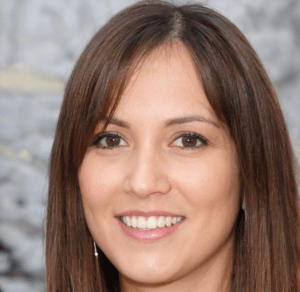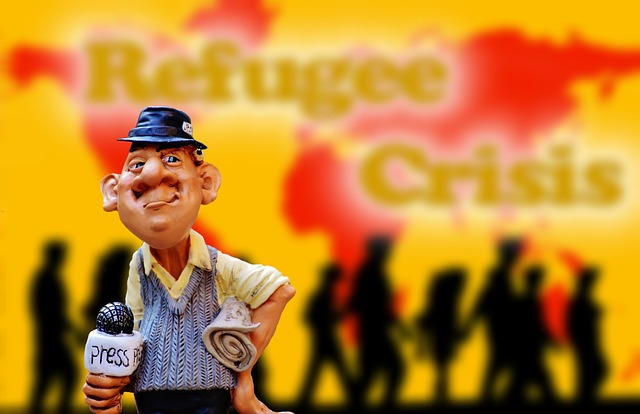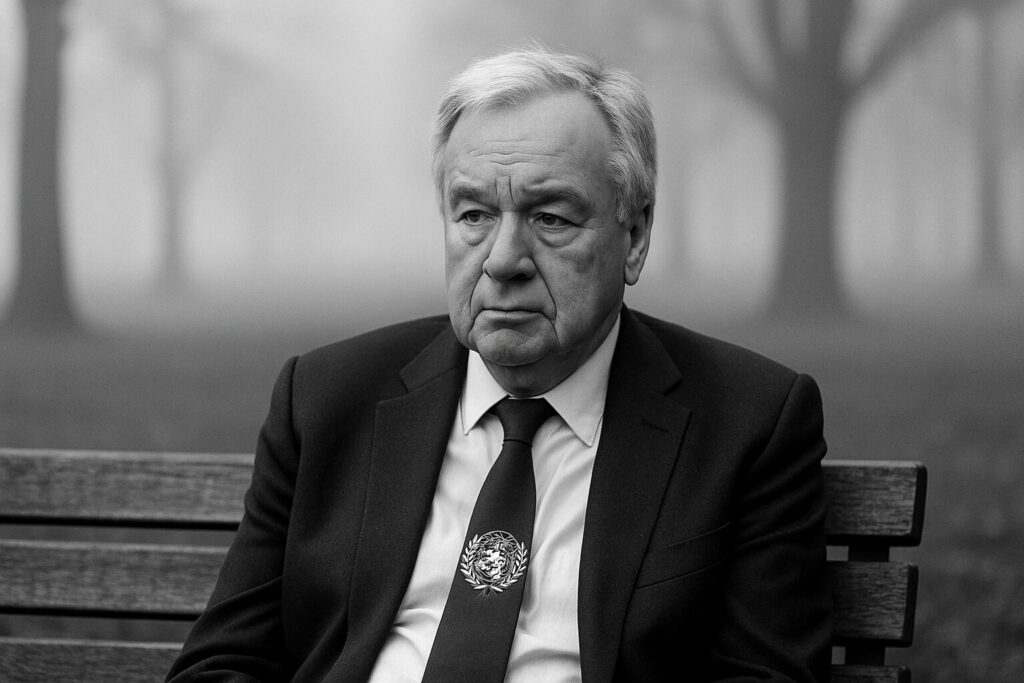Key Players Redefining the Landscape
The Middle East in 2026 isn’t run by one dominant force it’s shaped by several power hubs, each with its own agenda. Saudi Arabia is flexing more than oil wealth; it’s positioning as the region’s diplomatic broker, cutting deals with old rivals and investing in soft power beyond its borders. Iran, still a wildcard, is balancing defiance with diplomacy, especially as it tries to ease economic pressure without losing face. Israel’s strategy is more targeted deepening ties with tech partners and Gulf states while keeping an eye on internal shifts. Turkey, meanwhile, is playing multi front chess: NATO commitments, regional outreach, and domestic balancing acts all at once.
Then come the quieter but assertive voices: Qatar and the UAE. These states are small but sharp, leveraging media influence, high stakes mediation, and strategic spending to punch above their weight. They’re forming flexible coalitions regional and global crafted not around ideology, but interest.
On the global stage, old powerhouses haven’t left the room but they’re harder to read. The U.S. still holds weight, but its presence feels more reactive than strategic. China is a steady spender and quiet diplomat, especially around infrastructure and tech. Russia, bruised but not broken, remains a spoiler force more than a stabilizer.
In short, this isn’t a one track power game anymore. It’s a shifting timeline made of overlapping ambitions and everyone’s rewriting the script on the fly.
Recent Alliances and Where They’re Headed
The Middle East isn’t what it was five years ago and that’s by design. Across the region, states are threading new trade routes, closing mutual defense agreements, and building intelligence sharing networks that would’ve seemed impossible a decade ago. These moves aren’t just symbolic. They’re practical alignments meant to protect internal growth and hedge against global uncertainty.
Take the Abraham Accords and the economic corridors between the Gulf and South Asia. Or the rising defense talks between Gulf states and Turkey. These aren’t isolated cases they’re signs of a broader recalibration. Old rivals are becoming cautious collaborators. Though deep trust is rare, shared incentives in trade, security, and tech are forcing hands closer together.
Part of this shift comes down to simple economics. The energy transition, food security, and tech investments are tying countries together in hard numbers. If your neighbor processes your lithium or manages your ports, politics start looking different. This doesn’t erase all tensions, but it does dull some edges.
Bottom line: regional actors are playing a longer game, one defined by strategic overlap more than ideological divides. For a closer look at how these alliances are evolving, visit global alliances progress.
Technology, Energy, and Influence

Energy has always been a power play in the Middle East. But the equation is shifting. While oil still buys leverage both politically and economically it’s no longer the only move on the board. Across the Gulf and North Africa, states are investing heavily in renewables. The reason’s simple: diversification means resilience. Solar farms in Saudi Arabia, green hydrogen developments in Oman, and wind corridors in Egypt aren’t just about the environment they’re future proofing economies that can’t count on oil demand staying high forever.
This tilt toward cleaner energy is also affecting alliances. Countries leading in renewable innovation are attracting fresh investment and cementing new ties especially with Europe and East Asia. Traditional oil powerhouses are still relevant, but clinging to crude as the only asset isn’t a long term game plan anymore.
Then there’s cybersecurity. As regional infrastructure modernizes, so do threats. From pipeline networks to financial systems, digital targets are everywhere. Cybersecurity pacts are stepping up, often quietly, but with real weight. Whether it’s knowledge sharing with Western intel agencies or homegrown sovereign capabilities, states are betting protection in the digital layer is now as important as boots on the ground.
Finally, soft power matters more than ever. From Turkish dramas streaming globally to the UAE’s educational outreach in Africa, influence isn’t just military or economic now it’s cultural, academic, digital. Media exports, scholarship programs, and content creation strategies are winning hearts without firing a shot. The region is learning that visibility and credibility abroad often start at home with stories, ideas, and cross border dialogue that stick.
Tensions That Haven’t Gone Away
Despite some diplomatic breakthroughs, certain fault lines in the Middle East remain stubbornly active. First, the Iran nuclear issue continues to divide. Talks have resumed in fits and starts, often derailing over inspections, uranium enrichment levels, and sanctions relief. Diplomatic players say progress is possible, but on the ground, neighboring states remain uneasy. Gulf nations eye Tehran’s ambitions with caution, and Israel isn’t hiding its red lines.
In parallel, leadership shifts are shaking up the Israeli Palestinian dynamic. Newly elected or transitional leaders on both sides are recalibrating positions, but a peace resolution looks no closer. Instead, flashpoints in Jerusalem and the West Bank flare sporadically, and external actors are pulling strings more quietly than before.
Then there’s the external military presence. U.S. troops may be fewer, but they’re strategically placed. China is expanding port deals, Russia is sticking close to Syria, and European forces are embedding in training and surveillance roles. This layered presence adds complexity every move, drill, or deployment comes with diplomatic weight.
For a deeper look at how these unresolved tensions keep shaping the region, check out geopolitical flashpoints.
What to Watch Through the End of the Decade
A pan Arab security framework has been floated for years, but 2026 might finally bring movement. Shared concerns terrorism, border integrity, cyber threats have pushed Gulf states and North African nations to revisit regional defense cooperation. It’s piecemeal for now, mostly joint drills and intelligence pacts, but there’s a shift toward durable mechanisms that go beyond ad hoc responses. The biggest hurdle? Trust. Nations still hesitate to give up sovereignty or rely too much on neighbors they barely agreed with a decade ago.
On the trade front, the GCC EU relationship is warming up. Mutual interests green energy, supply chain resilience, and tech development have pulled them closer. Increasing bilateral agreements and regulatory harmonization hint at something bigger brewing. For Gulf economies looking to diversify, the EU is a stable sandbox. For the EU, Gulf cash and strategic logistics aren’t a bad deal.
But none of it is set in stone. Elections across key states (both within and outside the region), economic shocks, and regime shakeups can shift the ground fast. The political metabolism of the Middle East is still high speed new alignments could emerge almost overnight.
Diplomacy is adapting too. It’s becoming less stiff, more fluid. Officials are leaning on informal channels more than they used to, using digital communication, quiet deals, and fast response coordination cells. At the same time, everyone’s still planning for the long game. Think ten year energy strategies, cross border infrastructure goals, and soft power expansion. The tension between reacting fast and thinking long term is shaping how diplomacy works now and what it will become in the next decade.

 Paulina Evansonic is a visionary journalist and media entrepreneur who founded Whisper Wagon Wire, a leading platform renowned for its exclusive insights into top stories, world news, science, technology, and home trends. With a passion for uncovering the truth and a keen eye for detail, Paulina has dedicated her career to providing readers with in-depth, accurate, and engaging content.
Paulina's journey in the media industry began with a strong academic background in journalism and communication. Her early career was marked by her work as a reporter and editor for various prestigious publications, where she honed her skills and developed a reputation for her investigative prowess and commitment to quality reporting.
Driven by a desire to create a more holistic and accessible news source, Paulina launched Whisper Wagon Wire. Under her leadership, the platform has grown to become a trusted name in journalism, known for its balanced reporting and insightful analysis. Paulina's innovative approach has not only elevated the standards of news media but also inspired a new generation of journalists to pursue excellence in their work.
Through Whisper Wagon Wire, Paulina continues to influence the media landscape, ensuring that readers stay informed about the most important developments around the world. Her dedication to truth and transparency remains at the core of her mission, making her a respected and influential figure in the field of journalism.
Paulina Evansonic is a visionary journalist and media entrepreneur who founded Whisper Wagon Wire, a leading platform renowned for its exclusive insights into top stories, world news, science, technology, and home trends. With a passion for uncovering the truth and a keen eye for detail, Paulina has dedicated her career to providing readers with in-depth, accurate, and engaging content.
Paulina's journey in the media industry began with a strong academic background in journalism and communication. Her early career was marked by her work as a reporter and editor for various prestigious publications, where she honed her skills and developed a reputation for her investigative prowess and commitment to quality reporting.
Driven by a desire to create a more holistic and accessible news source, Paulina launched Whisper Wagon Wire. Under her leadership, the platform has grown to become a trusted name in journalism, known for its balanced reporting and insightful analysis. Paulina's innovative approach has not only elevated the standards of news media but also inspired a new generation of journalists to pursue excellence in their work.
Through Whisper Wagon Wire, Paulina continues to influence the media landscape, ensuring that readers stay informed about the most important developments around the world. Her dedication to truth and transparency remains at the core of her mission, making her a respected and influential figure in the field of journalism.
